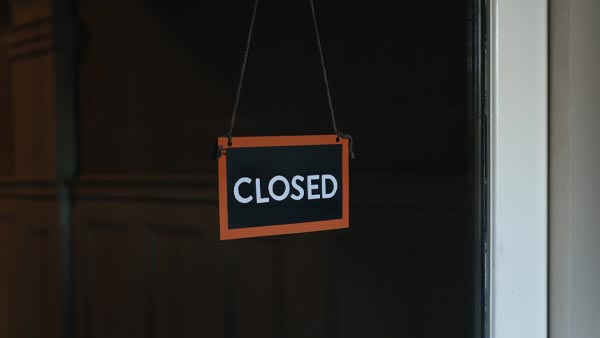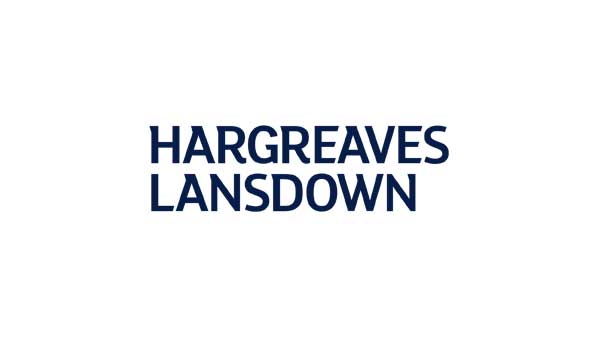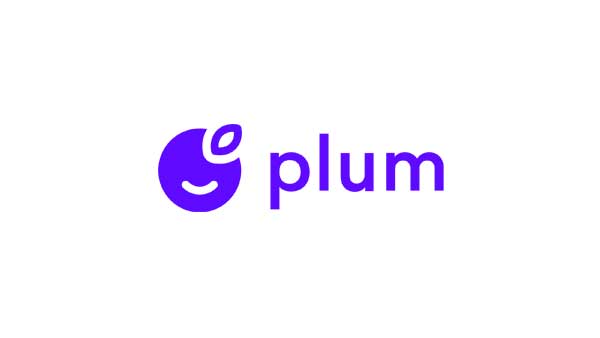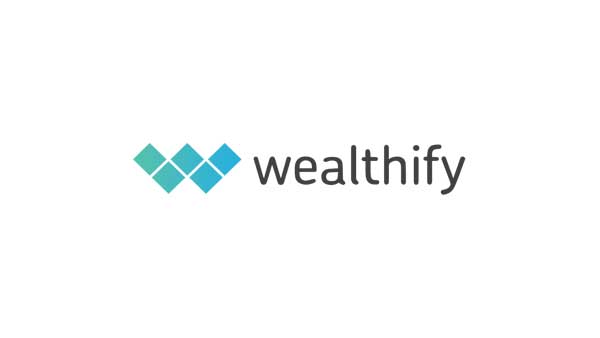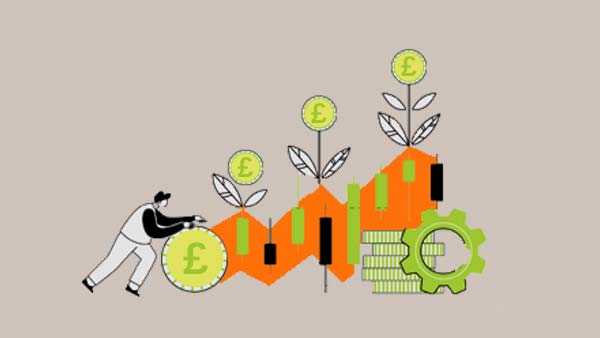The story of the market for budgeting apps is very much based around the rise of Open Banking in recent years. Open Banking has meant that banks and other financial institutions have to give licensed Fintech companies simple and secure access to customer financial data. This has been fantastic for budgeting apps, as they now can get your data from all of the sources, and apply budgeting tools to your finances. This has led to a boom in the number of budgeting apps available on the market.
Below we have found the 5 biggest budgeting apps currently available, and give you information to help you choose the one for you.

Contents
Budgeting App Providers
Snoop
Snoop is the newest of the apps we are looking at, having launched in 2020. They are actively looking to expand into the budgeting market, and recently received over £15 million in investment. As a start-up, Snoop have been successful in raising money, most recently getting investments of £15 million.
Moneyhub
Like Money Dashboard, Moneyhub have been around for a while, having launched in 2014. In addition to their consumer budgeting product, they also provide back-end technology for Open Banking. In 2021, they received $18 million in funding.
Emma
Emma launched in 2018 in the UK, and then in the USA and Canada in 2019. In 2021 they claimed to have over 600,000 people using their app.
Money Dashboard
The name Money Dashboard is very fitting for this app, as they style themselves as a dashboard that displays all of your financial data in one place. They are the oldest of all of the budgeting apps, having launched in 2011. As of 2021, Money Dashboard claim they had over 600,000 customers using their service.
As of October 2023 Money Dashboard have shut down their app. The company decided to switch their focus to B2B open banking services.
Cleo
The main feature of Cleo is an AI powered chatbot (called Cleo of course!), that talks directly to the user to help them budget. The app has a very modern, social media like style, and is clearly aimed at a younger audience.
They launched in the UK in 2016, and in the USA in 2019, and are receiving large investments to fuel their growth.
Update on Cleo – February 2022:
From February 2022, Cleo will be withdrawing the paid version of their app, and many features of the free app, from the UK market. They claim that this will be temporary, and that they will re-launch in the UK within 12 months, although time will tell whether this will happen.
Cleo say that they have made this decision because they wish to concentrate on the US market, where they claim ‘99% of our users are based’.
UK users will still be able to use certain features of the free Cleo app, but the paid version, Cleo+, will no longer be available, and UK users will need to withdraw any funds they have within the Cleo wallet.
You can see their full statement here.
This may be a good time to read our article Why did Yolt close? And is my budgeting app safe?
At A Glance Overview
| App | Price | Sell data? | Supported Banks | Trustpilot Rating | USP |
| Money Dashboard | Free | Yes | 90+ | 3.4 out of 5 | Old school approach, long history |
| Cleo Cleo+ | Free £5.99/month | No | 14+ | 3.3 out of 5 | AI Chatbot/Social Media style |
| Snoop | Free | Yes | 35+ | 4.0 out of 5 | Lots of 3rd party products to help you save |
| Moneyhub | £0.99/month or £8.99 annually | No | 26+ | 4.0 out of 5 | Very low cost subscription |
| Emma Basic Emma Plus Emma Pro | Free £4.99/month £9.99/month | No | 39+ | 3.8 out of 5 | Integration of cryptocurrency platforms |
Budgeting App – Best for Features
Budgeting is a relatively limited subject, as there are only so many things that you need from an app for you to be able to budget effectively. The most important thing is generally to be able to see your transaction data from multiple financial institutions in one place, so you can get an overview of your finances. All of the 5 apps use Open Banking, and therefore they all offer these functions.
- Categorization of spending into different areas such as bills, subscriptions etc.
- Reminders and nudges to keep your spending on track
- Summaries of outgoing payments
- Ways to set and keep track of goals etc
Some of the apps do have extra functions or specialities that are not found on the other apps – for example:
- Cleo – interactive AI chatbot and Salary Advance.
- Snoop – Checkers – which help you find ways to change supplier for things like insurance, mobile phones and utilities, so you can save money.
- Emma – calculate your net worth.
In general, as the apps mostly have similar features, it is the user experience that will decide which one is for you – which we cover in our Best For User Experience section below.
Supported Banks:
Another very important part of a budgeting app is how many banks and financial institutions they support. The more they have, the more likely your accounts will be supported. For these 5 apps these range from around 14 with Cleo, to over 90 with Money Dashboard.
In reality however, all of the apps support the largest banks and credit card providers, so 95%+ of users will be supported. Some of the apps do have some interesting connections however that could make a difference to some customers:
- Emma support integration with some more diverse platforms, such as the cryptocurrency providers Binance, Coinbase, Kraken etc.
- Cleo support New Day credit cards – which covers a wide range of branded credit cards.
Budgeting App – Best for Costs and Fees
| Money Dashboard | Free |
| Cleo | Free or Cleo+ at £5.99 per month |
| Snoop | Free |
| Moneyhub | £0.99 per month or £9.99 per year if subscription bought via Moneyhub. Via Apple app store the cost is £1.49 per month or £14.99 per year. |
| Emma | Emma has 3 tiers. They have a free version, Emma Plus for £4.99 per month, and Emma Pro for £9.99 per month. |
Verdict
Both Snoop and Money Dashboard are completely free to use. However they do need to make money, so they will sell your data if you are a customer of theirs.
Moneyhub are the only app that does not have a free version, but their subscription fee is very low – less than £1 per month if you pay annually.
Cleo and Emma have free versions of their apps, but expect that certain budgeting features will not be available within their free versions. Cleo + at £5.99 per month and Emma Plus at £4.99 per month are comparable. Most expensive is Emma Pro at £9.99 per month. You would really need to value the features that it offered to justify that cost.
How do budgeting apps make money? Generally, budgeting apps will generate revenue in one of 3 ways:
- Subscription fees
- Recommending 3rd party products to their customers (and receiving referral fees)
- Selling anonymized customer data to 3rd parties.
Generally, you will find that if an app is free, then they will sell your data, whilst if they have a subscription fee, they will not. If the privacy of your data is important to you, its good to bear this in mind!
Budgeting App – Best for User Experience
Money Dashboard
Money Dashboard, as the oldest of the 5 apps, also follows a more traditional feel, with this being the app that most closely reflects the look and feel of a banking app.
Cleo
Out of the 5 apps, Cleo is the one that users will either love or hate. It will probably be quite easy to work out which camp you will be in. Simply go to their website – it will give you a very good idea of the user experience you should expect! Their app is based around their AI Chatbot, and is designed to be like chatting with a friend on a chat app or on social media. The difference is that this ‘friend’ is designed to help you save, and often to do this they may ‘roast’ you about spending too much money!
Snoop
Snoop utilize gamified elements to help with your budgeting, and has a very modern, interactive feel, with a large focus on saving you money by recommending cheaper supplier for your spending.
Moneyhub
Similar to Money Dashboard – Moneyhub have a more conservative approach, being like an updated version of the traditional Excel spreadsheet style of budgeting.
Emma
Like Cleo and Snoop – Emma are more on the gamified, fun end of the budgeting experience spectrum.
Verdict
As we discussed above with the features, the user experience is really the key to how useful you will find the app, as the features are generally quite similar.
It is very difficult to say which would be best for you, as they are so different, and it is all down to personal taste. It may be that the more gamified apps such as Cleo or Emma maybe appeal to younger users, whilst the more traditional approach as seen in Moneyhub or Money Dashboard would appeal to older consumers.
In the end however, it is best to try it out and see. All of the apps expect Moneyhub have a free version, so it could be a good use of time to download all of them, and seeing which one appeals to you the most.
Budgeting App – Best for safety, security and privacy
Data Security
All 5 apps benefit from using Open Banking. It means that they can access your data securely, and they will never see your login details or passwords. In addition, they only have read-only access to your data, so cannot make changes within your account, and you are safer if the budgeting app is hacked.
Also – all 5 apps state that they have bank level encryption of all customer data.
Data Privacy
As we discussed above, selling customer data is one way that budgeting apps can make money. Of the 5 apps, Money Dashboard and Snoop will sell your anonymized spending data to 3rd parties, whilst Cleo, Moneyhub and Emma will not.
Verdict
All apps are very secure due to their use of Open Banking, and they all utilize the latest technology to keep your data safe. Really the choice is between using an app that sells your data, against one that does not.
Generally, budgeting apps are safe as you do not hold money with them. However, one risk is that you may spend a lot of time integrating an app into your budgeting app into your everyday financial processes, and then the product becomes unavailable. This happened with the app Yolt in 2021. Check out what the risks in our article: Why Did Yolt Close?
Conclusions
The consumer in search of a budgeting app is currently spoilt for choice, with a wide variety of different products available. At their hearts, these apps are all quite similar in regard to features and technology. It is with the user experience that they really differ. Hence, it is a good idea for users to try out a few to see which one will be the budgeting buddy that they need to improve their finances.
More about budgeting apps in our Best Budgeting Apps UK Review
Articles on the wiseabout.money website may contain affiliate links. If you click these links, we may receive compensation. This has no impact on our editorial and any money earned helps us to continue to provide the useful information on our site.



